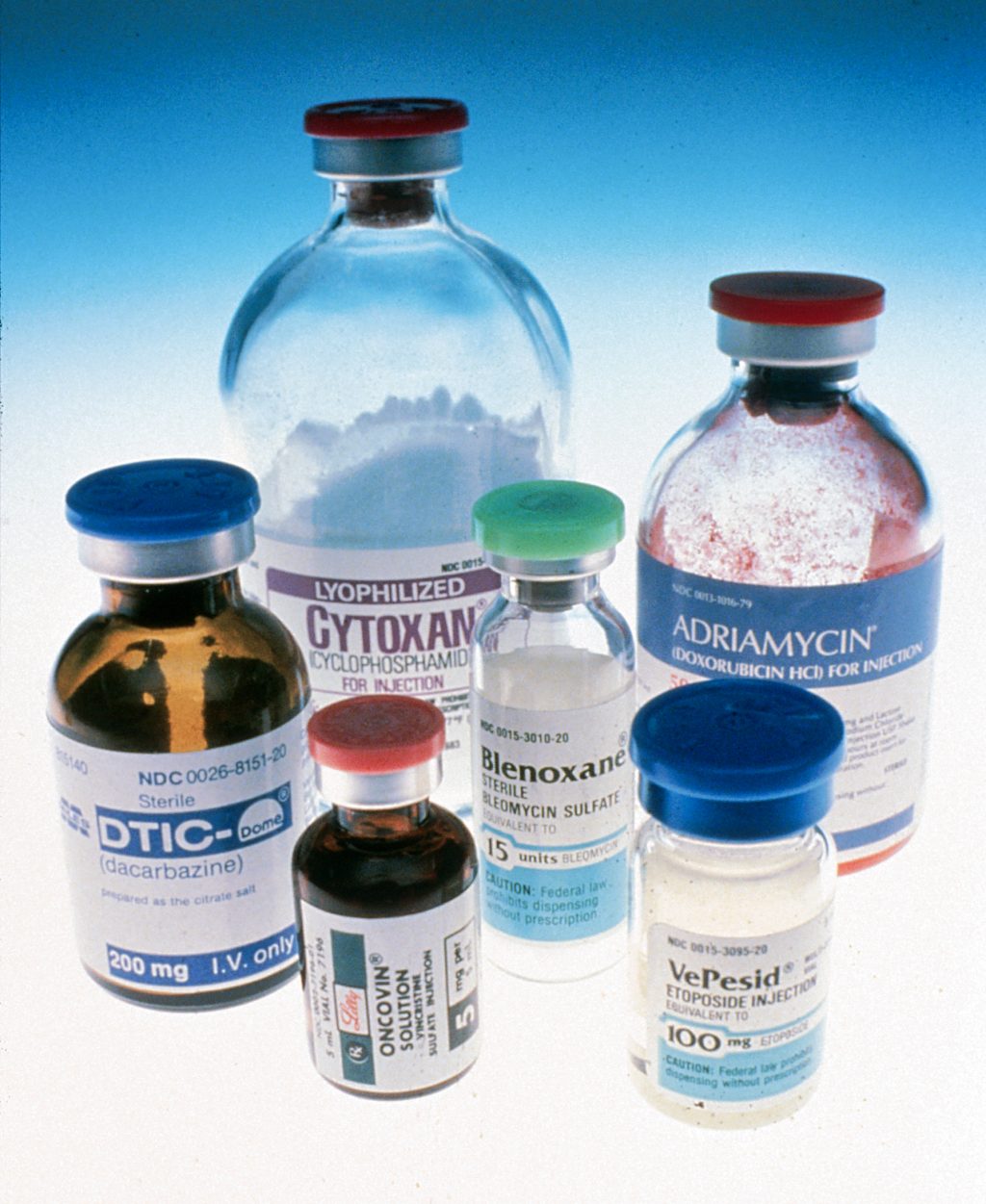Syllabus:
GS2: Issues relating to development and management of Social Sector/Services relating to Health, Education, Human Resources.
Context:
According to the 163rd report of the Committee on Petitions, a substantial number of cancer drugs are beyond the ambit of current price control mechanisms.
More on the News
- With the notification of the National List of Essential Medicines 2022, the number of anti-cancer medicines under price control increased from 40 in 2011 to 63 in 2022.
- A significant number of oncology medications are not included under the Drugs (Prices Control) Order (DPCO), 2013 and are thus not subject to any statutory price ceiling.
- While provisions exist for accelerated access to new cancer drugs, regulatory delays, insufficient domestic R&D and pricing constraints limit timely and equitable access.
- There seemed to be a lack of synergy between private sector medical institutions and the Union Ministry of Health and Family Welfare on the procedures for approval of clinical trials in the country.
Key Recommendations of the Committee
- The government should undertake urgent measures to expand the scope of the DPCO to include the widest possible range of cancer drugs, the Committee on Petitions has recommended in its report.
- Regular and comprehensive market assessments should be instituted to monitor prevailing drug prices and availability trends.
- The quality of generics must be monitored and maintained, as many doctors hesitate to prescribe them due to a lack of WHO Good Manufacturing Practices certification.
- Domestic research infrastructure should be enhanced, value-based approvals prioritised, regulatory pathways should be streamlined and measures should be taken to support the indigenous development of novel oncology therapies.
- The government should promote collaboration with the private sector to boost high-level oncology research, encouraging pharmaceutical companies to invest and drive innovation for better patient outcomes.
- Platforms, including the India Cancer Research Consortium, should be mandated to publish annual performance and progress reports, including documentation of the extent to which research outputs have translated into clinical practice.
- Mechanisms to systematically track patient outcomes and evaluate the cost-effectiveness of adopted treatment guidelines must also be instituted to support evidence-based policymaking.
Drugs (Prices Control) Order (DPCO), 2013
- The Drugs (Prices Control) Order (DPCO), 2013 is an Indian government regulation under the Essential Commodities Act, 1955, managed by the National Pharmaceutical Pricing Authority (NPPA), to control the prices of essential medicines listed in the National List of Essential Medicines (NLEM).
- Its main goal is to ensure the availability of these critical drugs at affordable prices, particularly for the economically weaker sections of society, while still encouraging pharmaceutical innovation and growth.
- The order uses a market-based pricing mechanism to determine price ceilings for scheduled formulations and is revised annually based on the Wholesale Price Index (WPI) with specific exemptions for domestically developed patented drugs.

